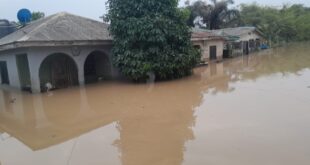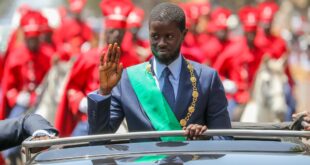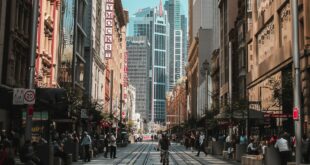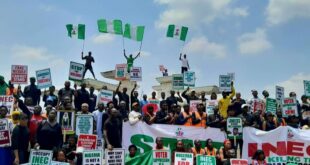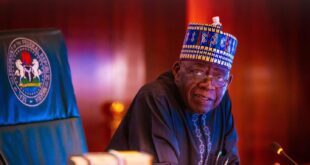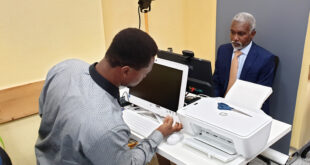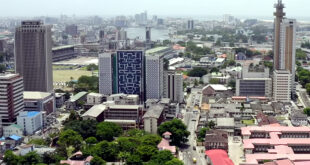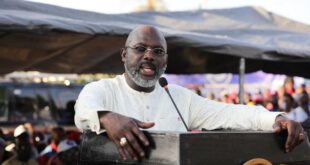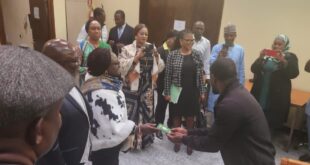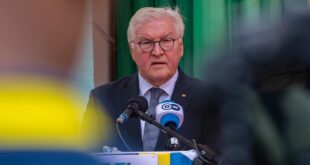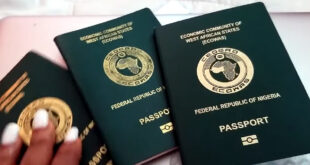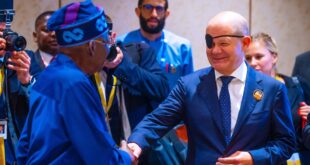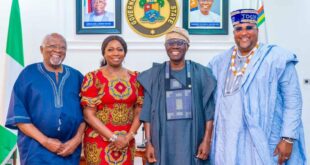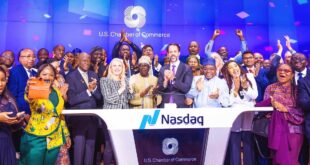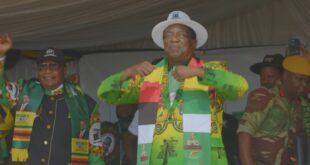The Gambia’s President-elect, Adama Barrow, has vowed to declare himself president on 18 January even if incumbent Yahya Jammeh refused to concede defeat and hand over power.
“We have a team that is working on our inauguration. We are working on it; on the 18th, I’m the legal president of this country,” he told the BBC in an exclusive interview on Thursday, urging Jammeh to respect the will of the electorate.
Barrow has also assured that Jammeh would not be prosecuted if he stepped down because his government would focus on “truth and reconciliation”.
“If South Africa can reconcile [after the racial system of apartheid ended in 1994], I see no reason why Gambians cannot reconcile. We are not saying prosecution; we said truth and reconciliation.”
Many analysts say Jammeh’s about-face on the election could have been caused by calls of opposition leaders and rights advocates that the outgoing president be tried for rights violations during his 22-year authoritarian reign after he had conceded defeat. Fears that he may be jailed after stepping down are said to have caused him to retract his concession and challenged the election result.

The election commission declared Mr Barrow winner of the 1 December poll. Jammeh conceded defeat on 2 December and called his opponent to congratulate him. Exactly a week after, the incumbent president made a surprise U-turn by withdrawing his concession, alleging that the election had been rigged against him. He has now petitioned Gambia’s Supreme Court to cancel the election and order a fresh one.
Meanwhile, the court is not fully constituted as it currently has only a member, the country’s chief justice, instead of the minimum number of five. Gambian lawyers reject any attempts by Jammeh to name new members to hear the case and have vowed to boycott the court.
Regional leaders under the auspices of ECOWAS are currently working with the African Union and the United Nations to find a solution to the impasse. The leaders of Ghana, Liberia, Nigeria and Sierra Leone visited Jammeh on Tuesday to persuade him to accept defeat and step down in January but he’s still holding out, claiming that the case was already in court.
The heads of State of ECOWAS will meet on Saturday, 17 December in Nigeria’s capital Abuja to decide on the next step with voices growing loud that a military intervention might be an option to resolve the row.
The United Nations Special Representative for West Africa, Mohammed Ibn Chambas, said on Wednesday that Jammeh would be “strongly sanctioned” if he sought to remain in power after his mandate ends next month.
The African Union has also called on the embattled president to relinquish power when his current term finishes in January.
Sesan Adeola
 THE AFRICAN COURIER. Reporting Africa and its Diaspora! The African Courier is an international magazine published in Germany to report on Africa and the Diaspora African experience. The first issue of the bimonthly magazine appeared on the newsstands on 15 February 1998. The African Courier is a communication forum for European-African political, economic and cultural exchanges, and a voice for Africa in Europe.
THE AFRICAN COURIER. Reporting Africa and its Diaspora! The African Courier is an international magazine published in Germany to report on Africa and the Diaspora African experience. The first issue of the bimonthly magazine appeared on the newsstands on 15 February 1998. The African Courier is a communication forum for European-African political, economic and cultural exchanges, and a voice for Africa in Europe.


